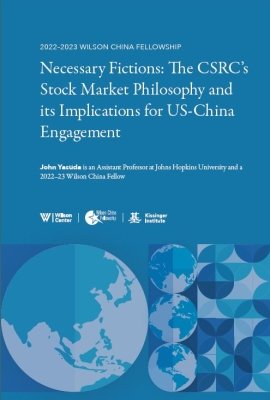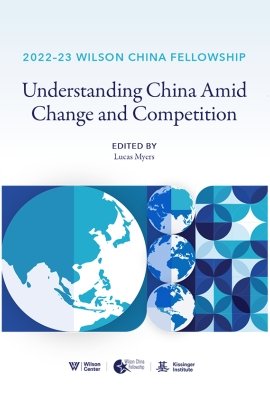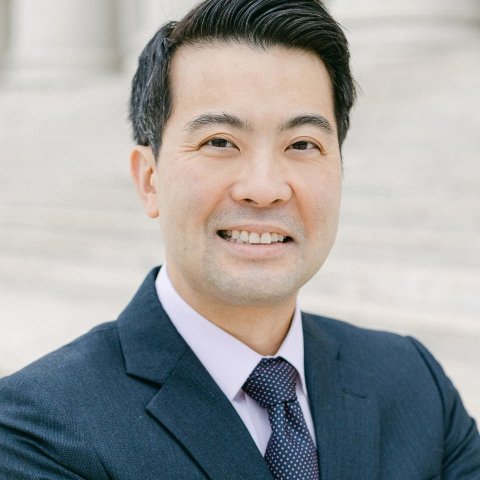John Yasuda
2022-23 Wilson China Fellow
Professional Affiliation
Assistant Professor of Political Science at Johns Hopkins University
Expert Bio
John Yasuda is an Assistant Professor of Political Science at Johns Hopkins University, specializing in regulatory governance in China, bureaucratic politics, and comparative political economy. His most recent book is On Feeding the Masses: An Anatomy of Regulatory Failure in China (Dec 2017). His work has been published with Politics and Society, Comparative Politics, China Policy Journal, Regulation and Governance, the China Quarterly, and the Journal of Politics. He received his PhD in Political Science from the University of California, Berkeley, MPhil in Comparative Politics from the University of Oxford, and BA from Harvard College. Yasuda previously taught at the Hamilton-Lugar School of Global and International Studies at Indiana University.
Wilson Center Project
Necessary Fictions: The Stock Market Problem in China and Its Regional Implications
Project Summary
Why do Chinese regulators continue to employ hard paternalistic tools that appear to undermine their efforts to build a better and more global stock market? In contrast to studies focusing on fleet-footed capital, political patronage, and state capitalism, this research project unveils the hidden ideational underpinnings of financial regulation in China to explain the persistence of hard paternalist tools. As a matter of Sino-American financial relations, the CSRC’s interventionist behavior has fueled conflicts over information disclosure requirements, led to restrictions on US investments in China, and the de-listings of Chinese firms on American bourses. I argue that regulators in China, as they are elsewhere, are guided by a host of “necessary fictions” that undergird financial regulatory interventions. In particular, I highlight how Chinese regulators are driven by the specter of irrational investors, a paternalistic state, and the reality of inefficient markets. These economic ideas are self-reinforcing, and shape the way regulators approach the market, sometimes with devastating consequences. In a moment where bilateral regulatory mistrust threatens to dismantle many of the financial ties built-up over the last three decades, understanding the mindset of the Chinese regulator becomes all the more important.
Insight & Analysis by John Yasuda
Filter
- Publication
Necessary Fictions: The CSRC’s Stock Market Philosophy and its Implications for US-China Engagement

- Publication
Executive Summary - 2022-23 Wilson China Fellowship
- By
- Matthew Erie,
- Kyle Jaros,
- Mao Lin,
- and 12 more

- Publication
2022-23 Wilson China Fellowship: Understanding China Amid Change and Competition

- Past event
Wilson China Fellowship Conference 2023



